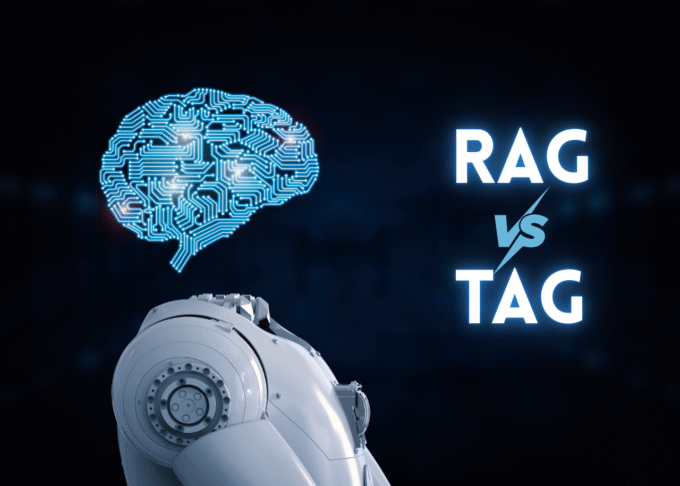Introduction:
Highlights the transformative potential of AI in automating trading and risk management. “AI, is not just about automating tasks; it’s about enhancing decision-making and mitigating risks in the complex world of finance.”
The Challenge of Manual Trading and Risk Assessment:
Traditional trading and risk assessment processes are often time-consuming and prone to human error. AI addresses these challenges by automating these processes and providing real-time insights.
Key AI Applications in Finance:
- Algorithmic Trading: Automating trading decisions based on market data and predictive models.
- Fraud Detection: Utilizing machine learning to identify and prevent fraudulent transactions.
- Risk Assessment: Employing AI to analyze vast amounts of data and assess credit and market risks.
- Portfolio Management: Optimizing investment portfolios based on real-time market data.
- Customer Service Automation: Using chatbots to handle customer inquiries and provide personalized support.
Case Studies and Insights:
“QuantInvest,” an investment firm, implemented an AI-powered algorithmic trading platform that significantly outperformed traditional trading strategies. Their AI-driven approach enabled them to identify market trends and execute trades with speed and precision.
Building a Robust AI Finance System:
To maximize the impact of AI in finance, institutions must:
- Ensure Data Security and Privacy: Implementing robust security measures to protect sensitive financial data.
- Prioritize Model Explainability: Developing AI models that are transparent and explainable.
- Comply with Regulatory Requirements: Adhering to relevant regulations and standards.
The Future of AI in Finance:
The future of AI in finance will be driven by the development of more sophisticated deep learning models and the integration of AI with blockchain technology.















